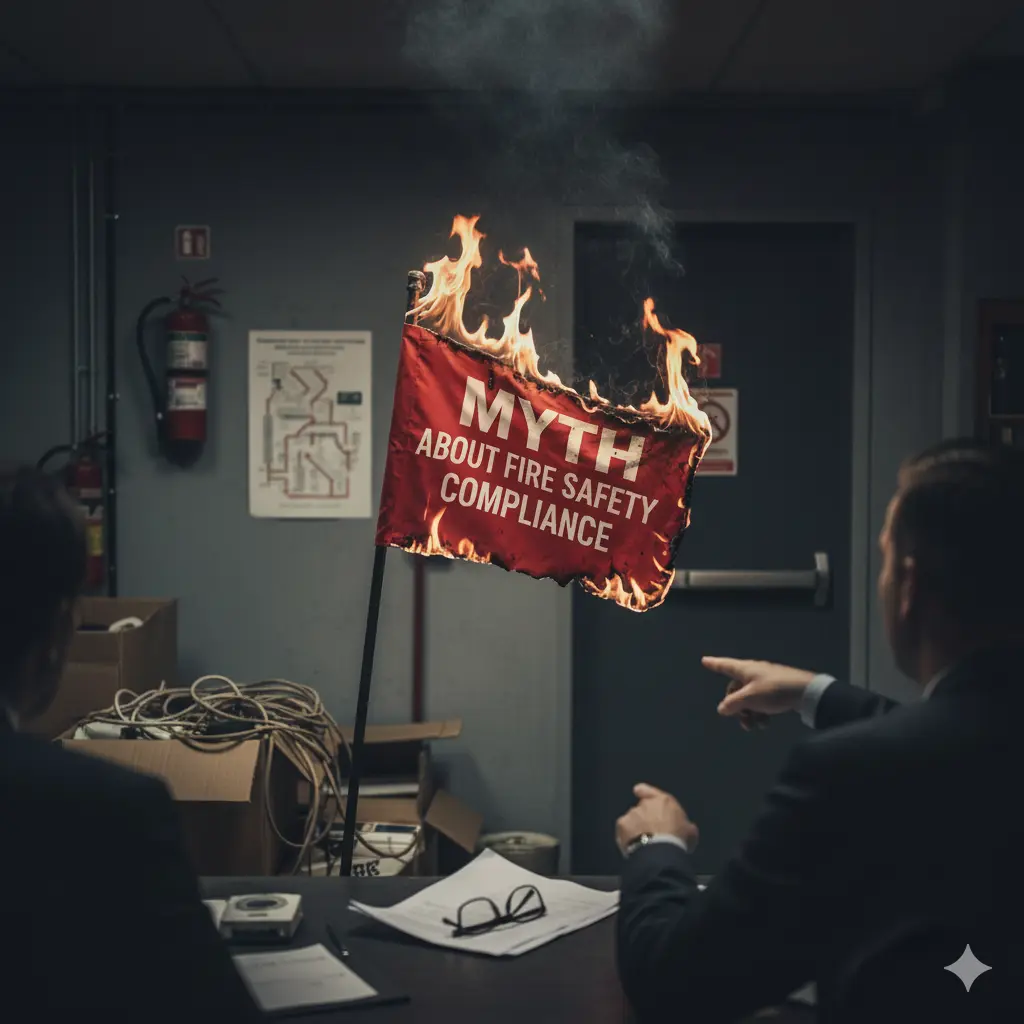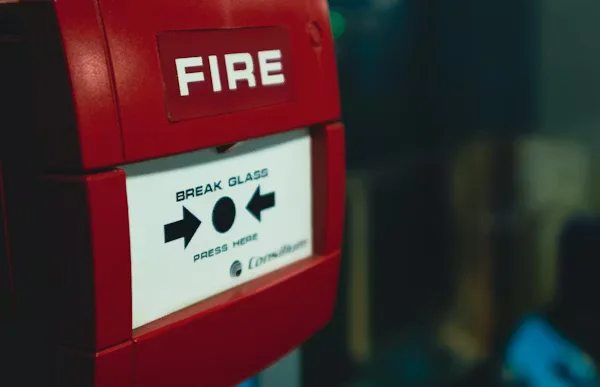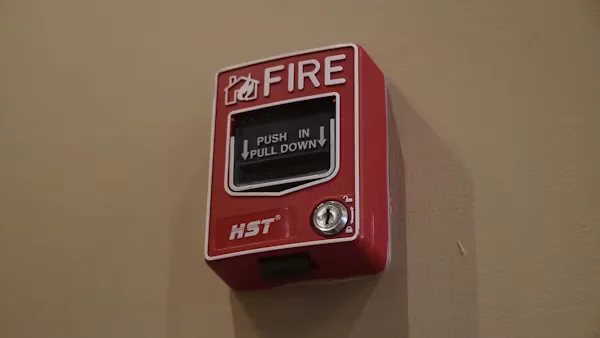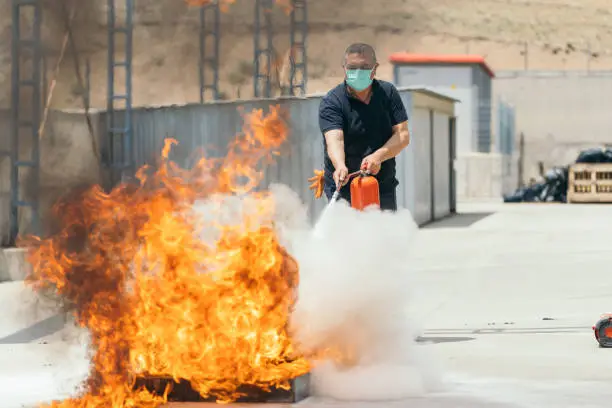Businesses mess up fire safety. it’s not a secret. A lot of owners think they got it all figured out, but they often miss the mark. This article breaks down some common myths. It shows what’s really up with fire safety rules and who’s actually responsible.
Myth 1: “i’m too small for serious fire rules.”
Many small business owners believe fire safety is for big companies. They think, “my shop isn’t a factory, so i don’t need all that fancy stuff.” This is wrong. Every business, no matter the size, has to follow fire safety laws. The fire department doesn’t care if you have five employees or five hundred. If there’s a fire, people can get hurt or die. And that’s why the rules apply to everyone.
Your local fire authority sets the bar. They look at your building, what you do in it, and how many people are usually there. A small office might have different needs than a restaurant, but both need a fire plan. You can’t just ignore it because you’re small. Ignorance isn’t an excuse when lives are on the line.
Myth 2: “Once i have extinguishers, i’m good.”
Fire extinguishers are good. they’re important. But they are not the only thing. Some business owners buy a few extinguishers, hang them up, and dust their hands. They think, “there, fire safety done.” But fire safety is way more than just having some red cans on the wall.
You need a proper fire risk assessment. This means someone checks your building for fire hazards. They look at things like electrical wiring, where you store flammable stuff, and how people can get out if there’s a fire. After that, you need a plan. What do people do when the alarm goes off? Where do they go? Who calls the fire department? And who helps people who need extra help?
And then there’s maintenance. Those extinguishers need to be checked regularly. So do fire alarms and emergency lights. It’s not a one-time job. It’s an ongoing thing.
Myth 3: “The landlord handles everything, i just pay rent.”
This is a big one. Especially for businesses that rent their space. They often think the landlord is fully responsible for all fire safety. They might say, “it’s their building, so it’s their problem.” But this isn’t true in many cases.
While landlords have responsibilities for the building’s structure and shared areas, tenants also have duties. You are responsible for the fire safety inside your specific unit. This includes making sure your staff knows what to do, keeping exit routes clear, and often even maintaining the fire safety equipment within your own space.
It’s crucial to read your lease agreement carefully. It usually spells out who is responsible for what. If it’s not clear, ask. Don’t assume. Assuming could cost you a lot if something goes wrong.
Myth 4: “Fire drills are a waste of time.”
Some businesses see fire drills as an annoyance. An interruption to work. They might skip them or do them half-heartedly. “Everyone knows what to do,” they think. But do they really? When a real fire happens, panic can set in. People forget simple things.
Regular fire drills train your staff. They make the actions automatic. So if a fire breaks out, people know exactly what to do and where to go. It reduces chaos and helps everyone get out safely. It also shows you if your escape routes are truly clear or if there are bottlenecks.
Drills also test your equipment. Do the alarms work? Are the emergency lights bright enough? It’s a chance to fix problems before they become deadly in a real emergency.
Myth 5: “Fire safety is just about avoiding fines.”
Yes, fire safety non-compliance can lead to big fines. And sometimes even jail time for business owners if they are seriously negligent. But that’s not the main reason to care. The main reason is to protect lives. Your employees, your customers, and even yourself.
A fire can destroy your business in minutes. Even if no one gets hurt, the financial cost can be huge. Lost inventory, damaged building, business interruption. Many businesses never recover after a major fire.
Investing in fire safety is not just about ticking boxes. It’s about protecting your people and your livelihood. It’s about being a responsible business owner. Don’t wait until it’s too late to take fire safety seriously.




